Mary Reilly (1996)
Directed by: Stephen Frears
Written by: Christopher Hampton
Starring: George Cole, John Malkovich, Julia Roberts, Michael Gambon
HCF REWIND 97: MARY REILLY [1996]
AVAILABLE ON DVD
RUNNING TIME: 108 min
REVIEWED BY: Dr Lenera, Official HCF Critic
Mary Reilly, who was abused by her father as a child, is a lonely servant in the home of Dr. Henry Jekyll, devoted to her position and her master. Slowly, a gradual friendship between Mary and the doctor begins as well as a growing attraction. However, the household is thrown into turmoil when the master announces he will be getting an assistant named Mr Hyde. The staff speculate on his employment, as he is never fully seen and remains a mystery. Mary delivers a letter to a brothel at Jekyll’s behest and is shown not only a room covered in blood where Hyde has been but a blood stained handkerchief belonging to Jekyll, though when she eventually meets Hyde, he’s rather charming….
It’s a notion that has both its good and bad points, a version of Robert Louis Stevenson’s much adapted Dr Jekyll And Mr Hyde that takes place from the point of view of a maid who lives and works in the house. In a way it’s closer to the novel, which presented itself as a mystery until the final third and didn’t have Jekyll as its main protagonist until then, and surely it’s easier to be scared for a timid housemaid than a foolish doctor who brings his troubles on himself. Unfortunately, this also means that most of the good stuff happens off screen, and that the supposed mystery isn’t too thrilling because we already know what is going on. Mary Reilly is a rather interesting movie which in the end fails to have the courage of its convictions but is worth a look for fans of old-fashioned horror of the Gothic kind, and certainly shows its director Stephen Frears [The Queen, The Grifters], not a filmmaker I usually find of much interest, to be rather good at this type of story.
Valarie Martin’s novel Mary Reilly was published in 1990 but filming rights to it had already been acquired by Warner Bros, who then sold them to TriStar. Originally Roman Polanski was intended to direct with Jack Nicholson and Emmanuelle Seigner starring, but eventually it was Tim Burton who signed on, with Winona Wyder as Mary. Angry at the studio holding up release of his Ed Wood, Burton walked, to be replaced by Frears. The production reunited him with much of his Dangerous Liasons team including scriptwriter Christopher Hampton, stars John Malkovich and Glenn Close and much of the production crew. Supposedly the ending was rewritten twenty five times, which must be some kind of record, and it was reshot three times after production had finished, though the ending which made it into the film is little more than a more dramatic version of the rather anti-climactic finale of the book. Critics tended not to like the film much and audiences ignored it. Though it sounds like the kind of film I would rush to see, I never got round to it till the other day, and, actually, I wish I’d seen it sooner.
Now I must say right away there is one hurdle right away to get past and that is the performances, or rather the accents, of the two stars. Julia Roberts is to me an actress of quite remarkable mediocrity, but I do think she fares better when she isn’t trying to be funny or sexy. She is really quite convincing as the meek servant with strong feelings that are just bursting to come out, except for her bloody accent, which is supposed to be Irish but does sound like it some of the time but also lapses into English and American very frequently. Coupled with this, John Malkovich is totally and utterly American, and though the dual role sounds like something he would be great at, I found his Jekyll too strange and not distinct enough from his Hyde for my liking, but then this version makes the brave decision to avoid painting them simplistically in black and white. It’s also interesting to see to see Jekyll as an tired older man who gets young and is rejuvenated when he becomes Hyde, much like Hammer’s odd, intriguing if very flawed [much like this movie] The Two Faces Of Dr Jekyll.
This film is a Gothic freak’s paradise in terms of its look and settings, which are reminiscent of Universal’s horror classics. Streets are perpetually shrouded by a thick fog. Jekyll’s laboratory is only reachable by a bizarre walkway suspended by chains. His forbidding bedroom looks like something Suspiria’s Mother of Sighs would sleep in. A lecture hall, often photographed from high, resembles the descending circles of hell. Production designer does a wonderful job in offering us a Victorian world which is as grim as can be, a nightmarish vision filled with grime, blood and misguided science gone wrong which seemed to me very realistic. It’s as striking a portrayal of the Industrial Age as The Elephant Man. A great majority of the film is taken up with Mary moving around this gloomy world on her own, and even I got tired of constantly seeing her going up and down stairs, but it’s all quite compelling as long as you don’t expect lots of action and violence, though blood is certainly present, most notably in a scene in a brothel room which seems to deliberately evoke Jack The Ripper, and elsewhere there’s some briefly-glimpsed medical gore. We only see one transformation, and even that only partially, though it has a great and disturbing idea, that one man can be seen growing out of the other as he changes. The effect is poor and the whole scene looks unfinished, but the concept is striking.
In a way it’s the film’s constant sense of holding back that is its biggest downfall. Mary is attracted to Jekyll and Hyde, and both men want her, Hyde partially because Mary seems willing to forgive her cruel father who [rather grim flashback scenes here] beat her, locked her up and sent in rats to scurry all over her [and worse is hinted at too] and therefore thinks she has a slight attraction to evil. Mary’s a damaged soul who seems to find solace in the strange world she finds herself, a world which gives her life some focus. The psychological elements are plain to see and the movie does begin to develop them, but then seems to chicken out. Wouldn’t it, for instance, have been great to have a sex scene where in the middle of which one guy turns into the other? I guess it was felt that going too far with this stuff would weaken out the Jane Eyre-type Gothic romantic elements of the piece.
George Fenton’s score rarely seems absent, often having a sole violin movingly evoke Mary’s emotions, in a film which overall isn’t quite as touching as it tries to be. The script, which could have really done with being polished by another writer, seems to cleverly parallel the original novel at times, to the point where it probably helps if you have read it, but later inconsistently changes events in it. There is an undeniable awkwardness in Mary Reilly, which remains a rather compromised movie, but it has a lot of good qualities, and, though its poor reception has probably put paid to this, I’d like to see Frears dabble in this sort of thing again, because he’s rather good at it, to the point where, though it’s a shame Burton or Polanski didn’t end up making Mary Reilly, I’m not convinced it would have been that much better. Anyway, isn’t it about time we had a new version of Dr Jekyll And Mr Hyde on the screen?
Rating: 










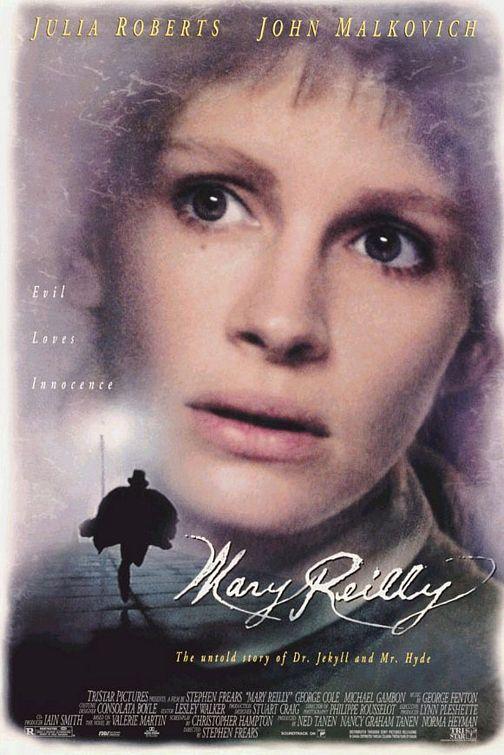
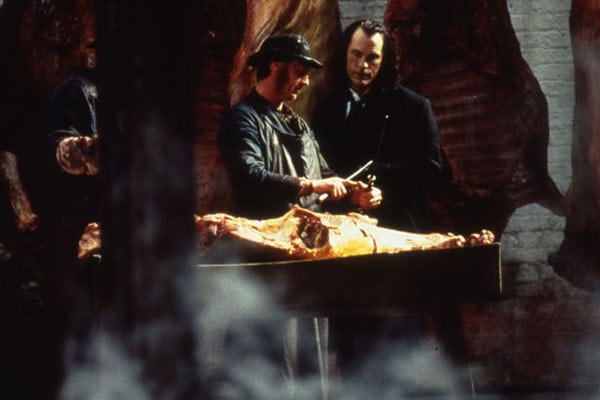
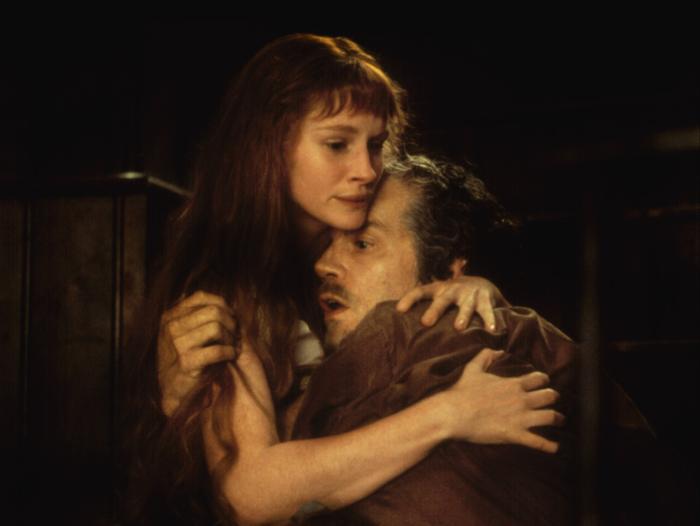

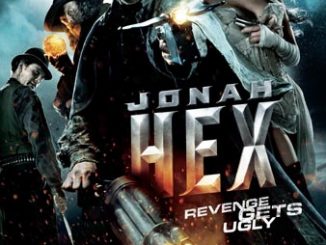
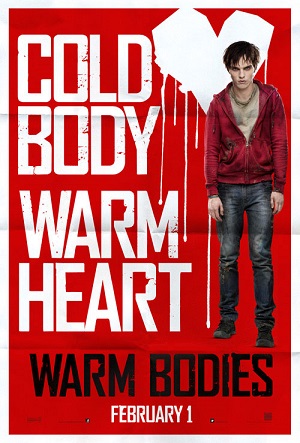
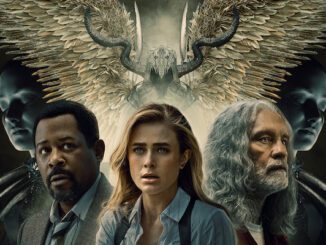
Be the first to comment